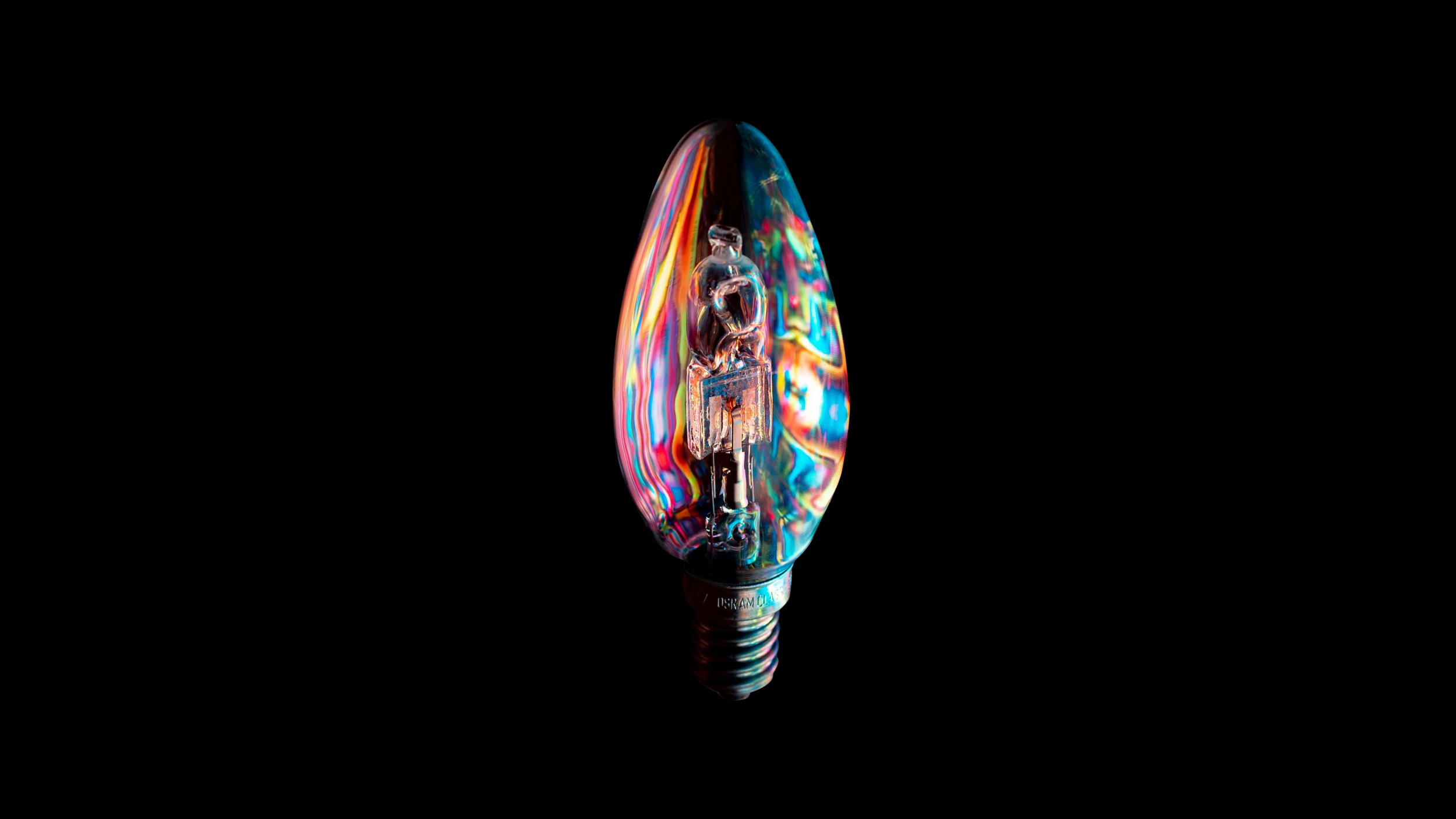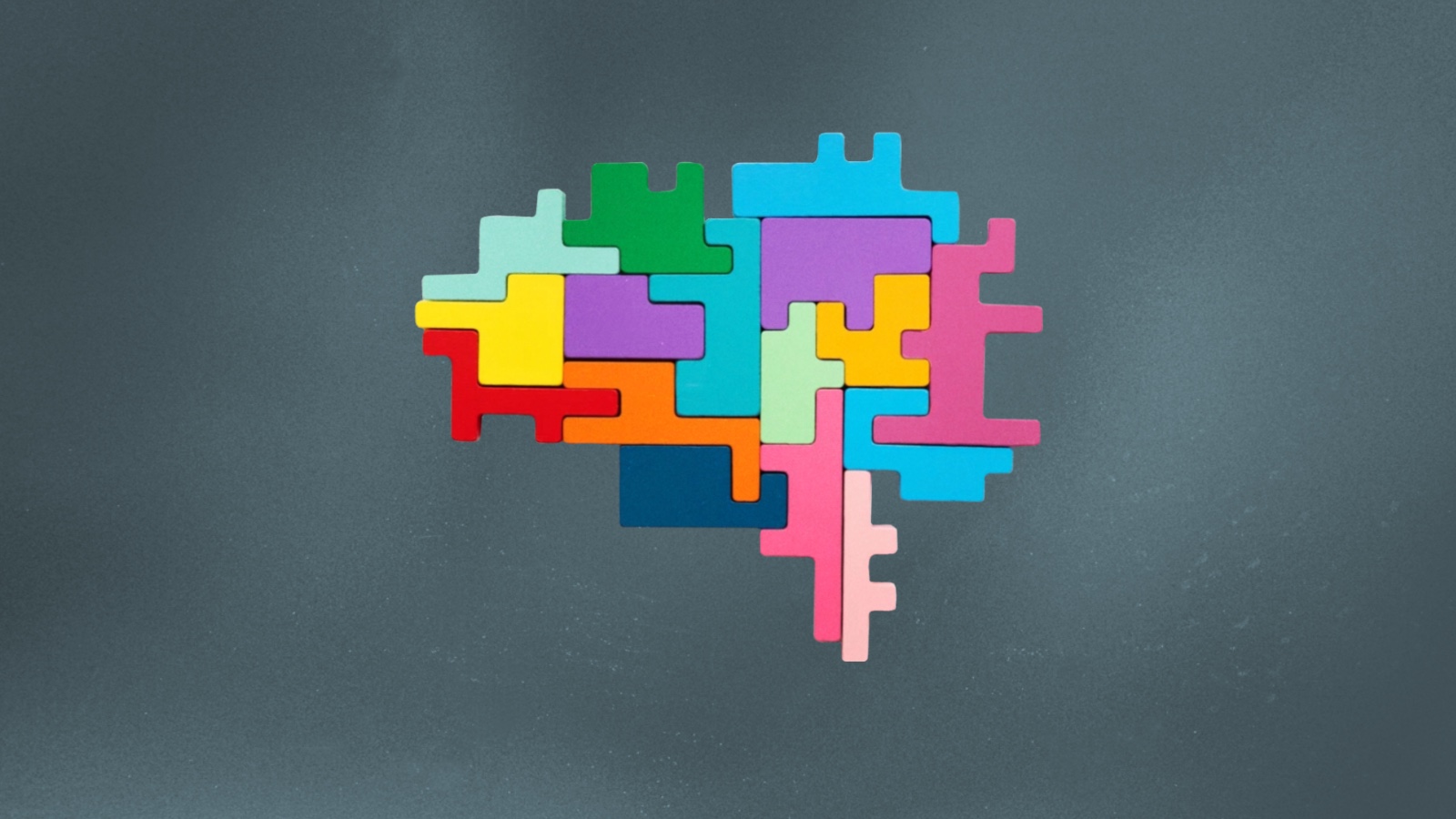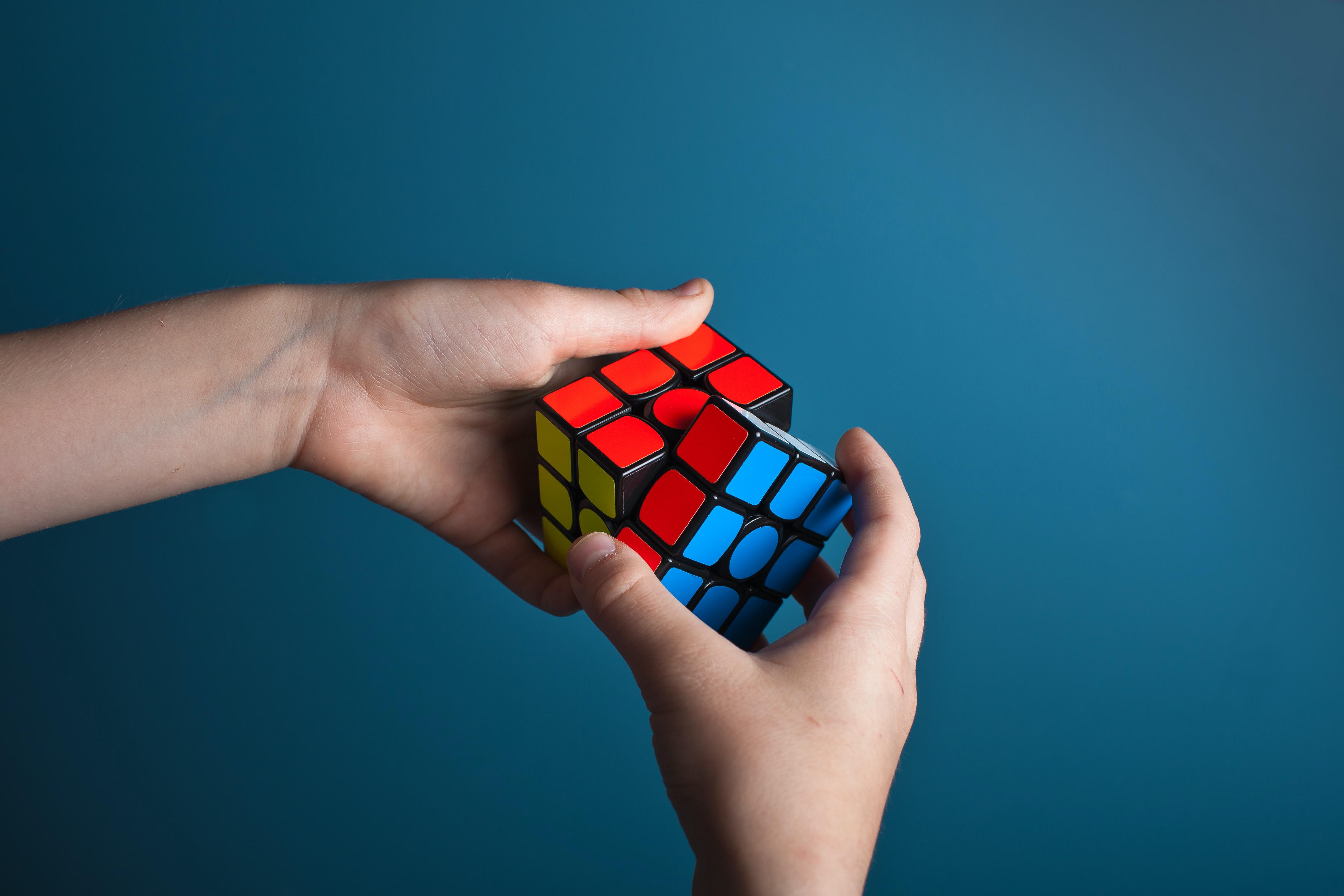Theoretical physicist Leonard Mlodinow knows that good ideas don’t come easily. Creative, original thinking is actually a lot harder to achieve than just tuning out, as the brain puts a lot of filters and biases on ideas before they come out. Some of these filters are applied through learned experience: for example, you’re not going to be able to truly tap into creativity if you’re focused on whether your potential idea will fail or not, nor are you going to be able to think creatively if you’re distracted. The human brain is constantly coming up with ideas in the subconscious mind but few make it past these filters. But if you focus, and allow your brain to relax, those ideas can bubble up into the conscious mind more and more often. Leonard Mlodinow’s latest book is Elastic: Flexible Thinking in a Time of Change.
Leonard Mlodinow: Sometimes the solution to a challenge in life isn't cleverer thinking, it's to step back and look at the problem, not the solution and then you'll realize that you had some hidden assumption or some assumption that you could relax that you didn't realize and that will change everything. For example, here's a riddle: Marjorie and Margie were born of the same mother and father on the same day of the same month at the same hour and yet they are not twins. How is that possible? So these two girls were born at the same time of the same parents but they're not twins? Well, the answer is they're triplets. Now you could start reasoning you're not going to get there because you have an assumption, an implicit assumption that you're making you have a picture in your mind - that's why the riddle is tough. I say Marjorie and Margie you're picturing two girls or two women, once you have that picture in your mind you're excluding the answer, which is triplets or quadruplets or something else like that. And that happens in life too that sometimes the answer is easy once you question your assumptions. And that's a key to elastic thinking.
The human brain is an idea machine. On the unconscious level, a level that you're not even aware of, your brain is constantly making associations and coming up with ideas. Now if all these ideas just popped into your consciousness you would be overwhelmed you would drown in them you wouldn't be able to function as some people with certain mental disorders experience. If you're schizophrenic, for instance, you might be swamped with so many sensations and ideas that you can't even connect with reality. Most of us do better than that because we have these things called cognitive filters in our brain that kill the ideas that are less conventional or less likely to be true less connected to reality and they allow the more ordinary ideas to come through on the theory in your brain that those are the ones most likely to work and in most circumstances they are the ones that work. But sometimes they're not and you need a different idea. When you're looking to think differently you have to learn how to relax those cognitive filters.
When you relax your mind it's only when you relax your mind and you open your mind and you open yourself that a new idea can pop into your mind that hey maybe I never thought of this so I didn't question that. So because of that when you're exercising elastic thinking, when you're trying to get a new idea or to question an assumption, overcome a mental barrier, to adapt to change rather than applying the same old same old, it's important to keep all distractions away from you. Keep anything that would focus your mind away. For instance, your cell phone, even if you're not checking your cell phone but you know it's on you might feel it vibrate or you might just think I wonder what's there, that's bad. Changing your task, multitasking is bad. You're not going to get these really brilliant ideas if every ten minutes you're going to another focus. These things take time so another point is you have to give yourself the time. For me, it's unlimited time. If I'm doing physics or if I'm writing a book and I start at 10:00 in the morning if I have something to do at 1:00 in the afternoon that kills the whole morning. I can't do it. I won't even start I'll just say I can't work today because I have something to do at 1:00. Now that seems a little bit extreme, but there's a reason for that I'm not as imaginative, I'm not as exploratory with my ideas if I know I have a deadline because I have the pressure that I have to solve this physics problem or write this chapter on these pages and be done by 1:00. I know that at 1:00 I'm going to have to leave and I'm not going to not like it if I didn't get anywhere. But what I need to be imaginative is to not worry about not getting anywhere. I need to get rid of that and relax my mind and just be able to go this idea might be really stupid, this approach might not work but I'm going to try it anyway and if it doesn't work guess what? I've going to just keep going with another one. I can't do that if I have to quit at 1:00 and I can't do that if I'm multitasking. So that's really important in approaching things for my new point of view is to have this relaxed approach.
Another important factor in encouraging elastic thinking is to get rid of that damn fear of failure. Most people don't like to be wrong. You probably tend to forget the times you were wrong or not even admit it. You don't like to fail. And you certainly don't want to have someone who is your boss or your partner look at you and criticize you or judge you or think badly of you for failing. Well, let me tell you the first thing a theoretical physicist does is get used to failing, get used to being wrong. When you're having a discussion with someone about some deep problem you can't inhibit yourself by worrying if your idea that you spurt out is good or bad or stupid, you just say it. Or if you have a question you have to ask it whether it's a stupid question or not. And you soon realize that these things don't make you look stupid, they make you look smart, self-assured, confident because only a confident person can be wrong and not care about it. But what they do even better than that is they allow new ideas to come to you. Because the more you focus on not wanting to fail, the more the filters that exist in your head that are keeping the good ideas from coming out will beat down those unusual ideas. The unusual ideas are often bad ideas or often wrong ideas, but if you beat them all down you're not going to get the minority of them that are great ideas that no one else would have thought of because all those other people are conventional thinkers and they're afraid of failing.
Scientists have found through experiments with people solving problems that people in a very enclosed space that's brightly lit tend to have more focus and the flipside a stronger cognitive filter so they don't have these more unusual ideas, but they focus very much more on their logical thinking. If you're in a less well-lit room, a quiet room without external noises, a room with high ceilings, your mind can be more unfocused and allow a broader range of thinking to come into play. Another way, which I'm not saying I recommend, is through drugs and alcohol, which artists and musicians and people of various creative pursuits have talked about for all the way back at least the Greeks, alcohol inhibits your cognitive filters. It also inhibits your executive function so your brain also has a control function, which controls rational thought but also guides your elastic thinking in a way that seems useful. If you relax that too much you're going to have these ideas but you're not going to be able to focus them into something coherent. So alcohol can have that issue. Marijuana also relaxes your cognitive filters. It has other effects just like marijuana has secondary effects, I shouldn't say secondary but other effects just like alcohol does. For instance, it impedes you're working memory so you might be getting all these ideas but you're forgetting what you're trying to do or they might be fleeting memories and has many other effects on you. Ayahuasca is a hallucinogen that some people have used, which has a multitude of effects and can be actually very nasty and a bad experience, but it also acts on the cognitive filter. So drugs of many types can be used to loosen or relax your cognitive filters, but you have to be careful because they each have a multitude of other effects.
If you want to get new ideas and you want to overcome your mental blocks you have to free yourself from those distractions and from other focuses and relax your mental filters that will let the ideas through.






